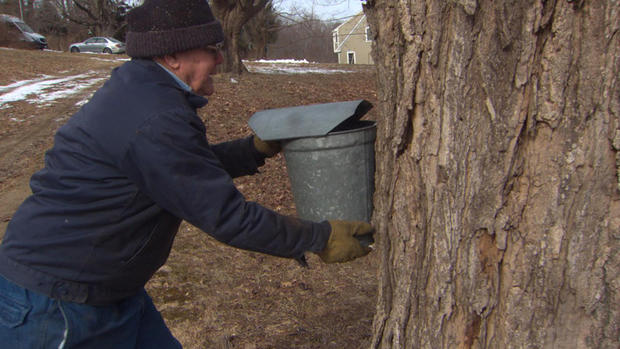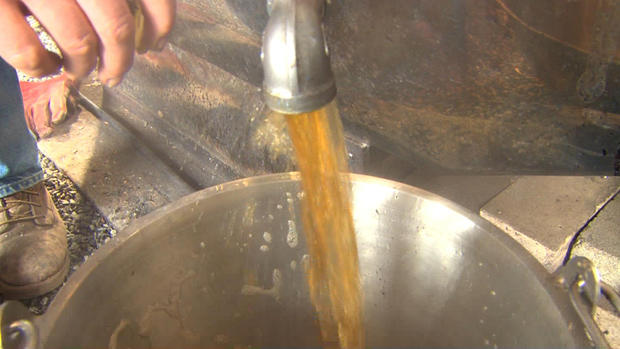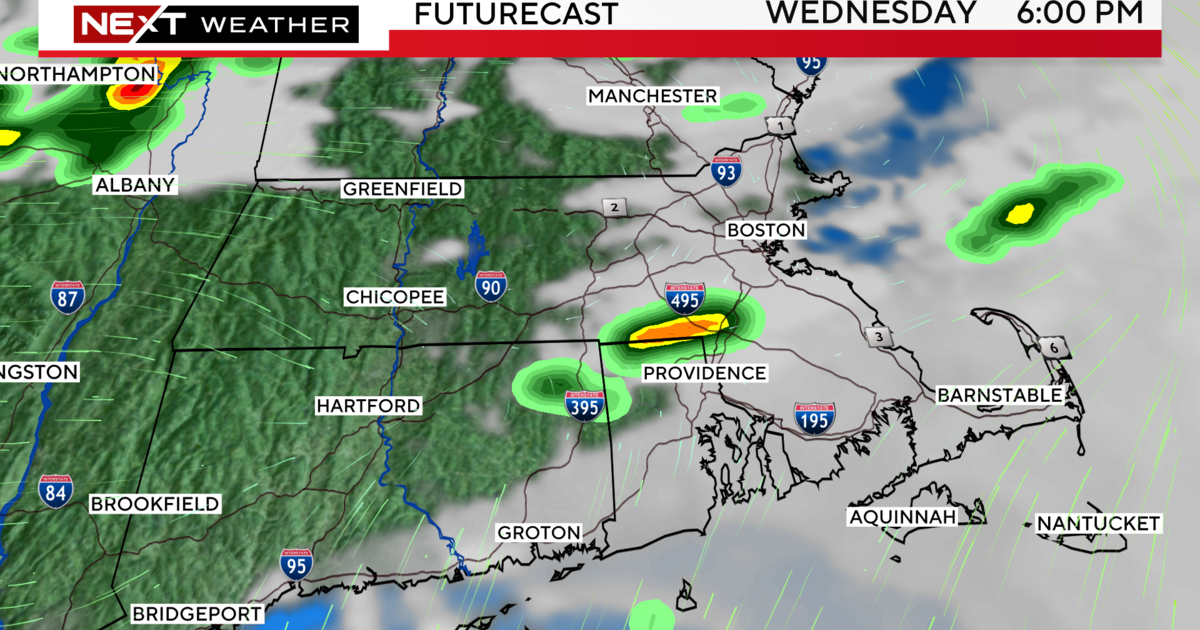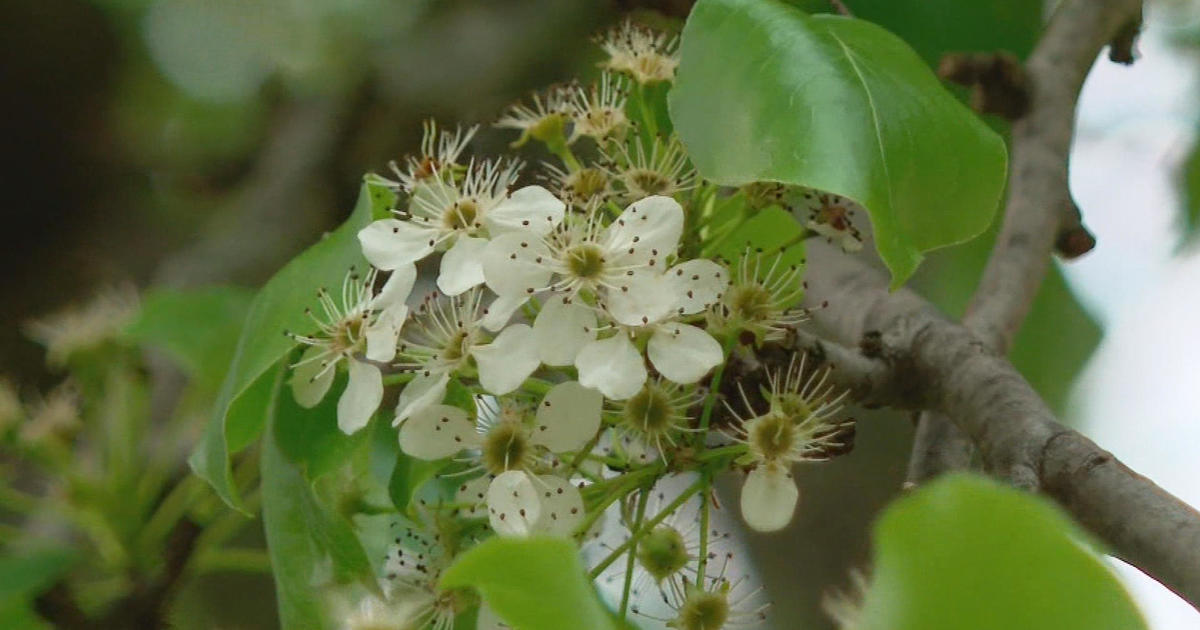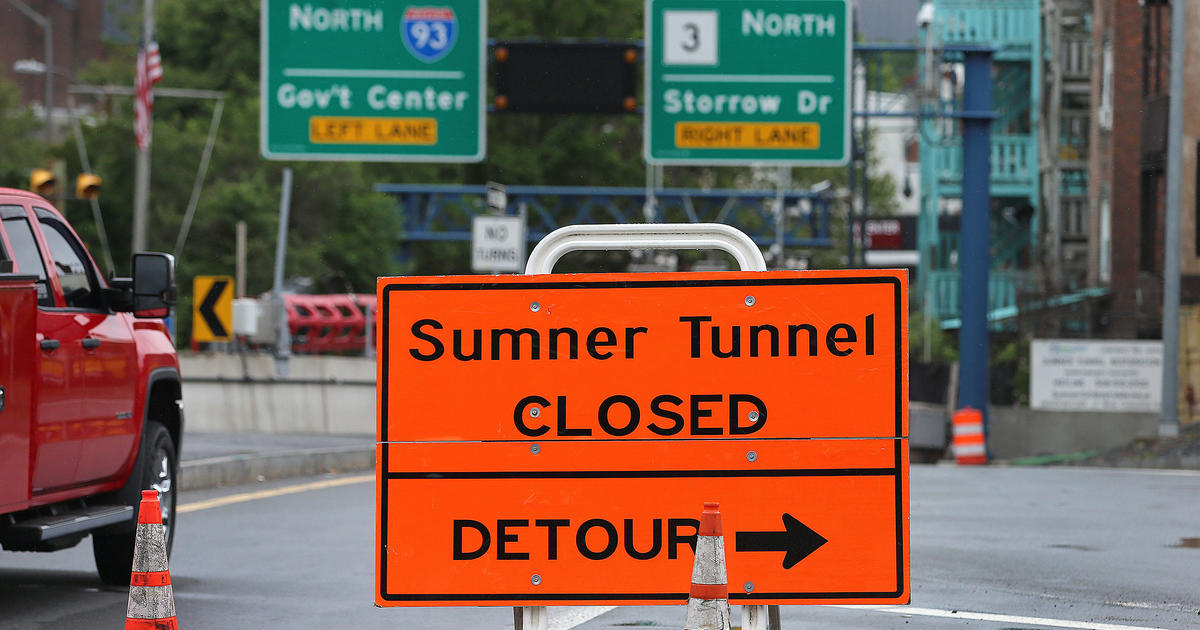Climate Change Impacting New England's Maple Syrup Industry
BOSTON (CBS) – It's a New England staple and a gift from Mother Nature - maple syrup. The sticky, sweet syrup that covers many pancakes across the state may get harder to produce locally in the future.
The maple syrup industry is one of New England's finest and most recognizable to our region. Each year from about mid-February through March, hundreds of maple producers across the state tap enough sugar maples to produce about 70,000 gallons of syrup.
Collecting sap is tied to freeze and thaw cycles, which means it's weather dependent and can vary from year to year. However, syrup producers have noticed the timing of collecting sap has been very inconsistent in the last 10-15 years.
So what's to blame? Climate change.
With increasingly mild winter temperatures, predicting when the sweetest sap will flow has been a challenge. Let's take this winter for example. Many producers had to tap trees back in January and many others will have to tap out early this year due to mild conditions expected through March.
According to a study published by Joshua Rapp, Harvard forest ecologist this may be a trend we see in the future. As our climate warms, sap flow season is expected to become more and more unpredictable and perhaps move ahead by as much as 3-4 weeks by the end of the century.
Climate change isn't just wreaking havoc with the timing of syrup production but also the taste.
The big reason why our syrup is so delicious has a lot to do with how the maple trees store excess energy through their leaves in the summer. With a warming climate, stress on trees may cause them to shed those leaves prematurely, taking the sweetness right out of the syrup.
Parts of New England could literally be put out of the maple syrup business as our climate continues to warm, with some experts predicting that the best production area will shift north by as much as 250 miles.
So while visiting sugar houses and seeing the process of sap to syrup, will only boost the shifting industry this season, producers need to and already are shifting operations to adapt to climate change. Some are starting to use more high tech equipment, like vacuum tubing and solar panels as well as electric boilers to produce the sweet syrup we've come to know and love in New England.
